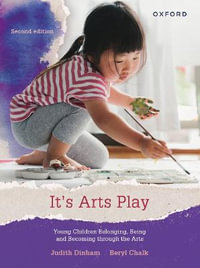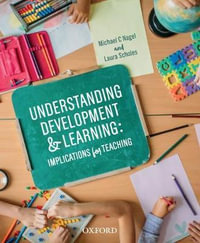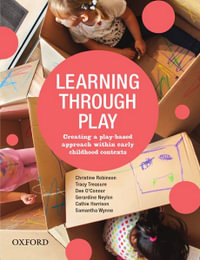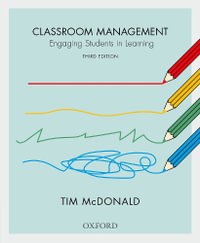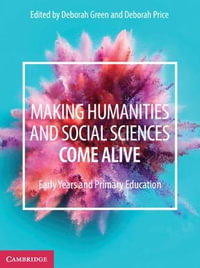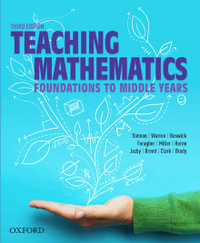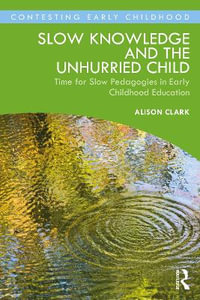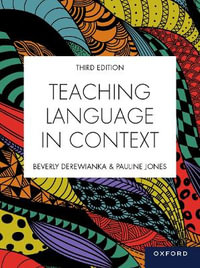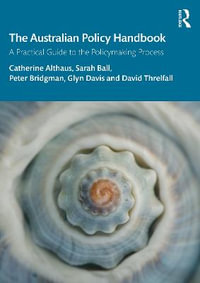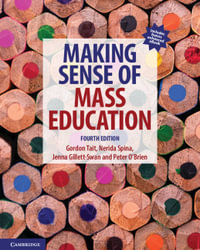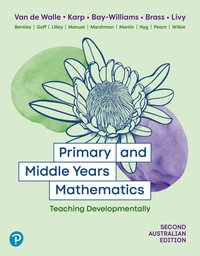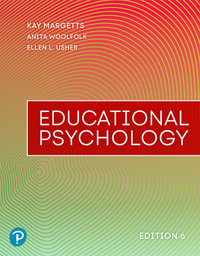During the last 150 years or so, many societies all over the world have developed complex systems of formal music education based on Western models. Common to most are one or more of the following: educational institutions, from primary schools to conservatories, partly involving or entirely dedicated to the teaching and learning of music; written curricula, syllabuses or explicit teaching traditions; professional teachers, lecturers or "master musicians"; systematic assessment mechanisms such as grade exams, national school exams or university exams; music notation; and a body of literature, including texts on music, pedogical texts, and teaching materials. Alongside or instead of formal music education there are always, in every society, other ways of passing on and acquiring musical skills and knowledge. Within these traditions, young musicians largely teach themselves or "pick up" skills and knowledge by watching and imitating musicians around them and by making reference to recordings or performances and other live events involving their chosen music.
This book is based on the outcomes of research from interviews which took place between October 1998 and May 1999 with 14 popular musicians living in and around London, aged from 15 to 50. Informal learning practices and formal educational experiences over the last 40 years of the 20th century were studied. The conditions necessary for informal music learning are discussed, especially in terms of the musical enculturation of children.
The characteristics of informal popular music learning and those of formal music education are compared, and the author considers whether the learning practices, attitudes and values of popular musicians, as articulated throughout the book, may or may not reasonably be adapted and included within formal music education in a move to help re-invigorate the musical involvement of the populace at large.
About the Author
Lucy Green is Professor of Music Education at the Institute of Education, University of London. Her other books include Music, Informal Learning and the School: A New Classroom Pedagogy (2008); Music, Gender, Education (1997) and Music on Deaf Ears (1988).
Industry Reviews
'Dr Lucy Green's work deserves a wider readership than academics and music educators. How Popular Musicians Learn is inviting, accessible, and of direct practical interest to the working player in popular music, particularly those who also instruct students.' Robert Fripp 'This is a significant and well-argued contribution, not only to the debate about the relationship between learning and teaching, but also to the understanding of the skills, motivations, and purposes that underlie popular music-making. Above all, it shows that 'love' of the music is the cornerstone on which all is built. We cannot engineer love in the classroom - but that is what we have to build on if we are really to reactivate music as the common participatory activity it once was.' John Sloboda, University of Keele 'By looking at how popular musicians acquire their skills and knowledge, Lucy Green reveals important truths about music teaching and learning.' Keith Swanwick, London University, Institute of Education '...[a] stimulating book...lucid analysis...thought-provoking.' Times Educational Supplement 'Lucy Green's latest book has been on the shelves for only a year or two, but already feels like a necessary part of music education literature... Returning to this book a year after I first read it, I have found new aspects of interest and value, as well as much which has quickly become familiar and helpful to educational discussion. Lucy Green has navigated the boundaries of academic disciplines and musical genres with great skill: I would recommend this book to any reader with an interest in musical learning...' Popular Music 'Lucy Green adds a valuable resource to the literature on music learning... a fascinating look at a musical world many classically trained musicians have not experienced. Green's ability to analyze and synthesize the data and her skillful writing allow the reader to better understand the motivation and learning habits of popular musicians...


